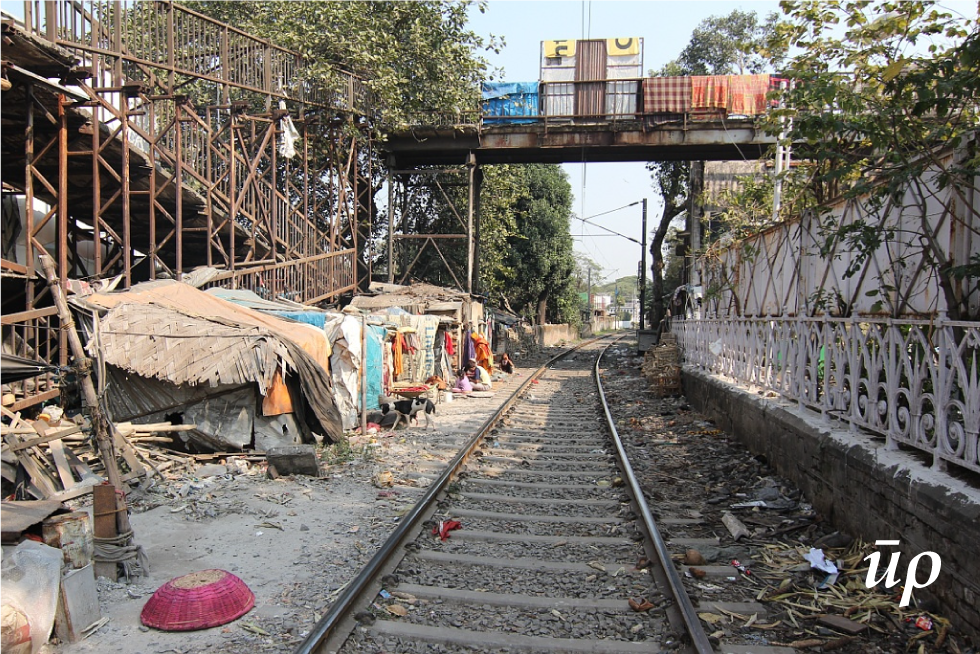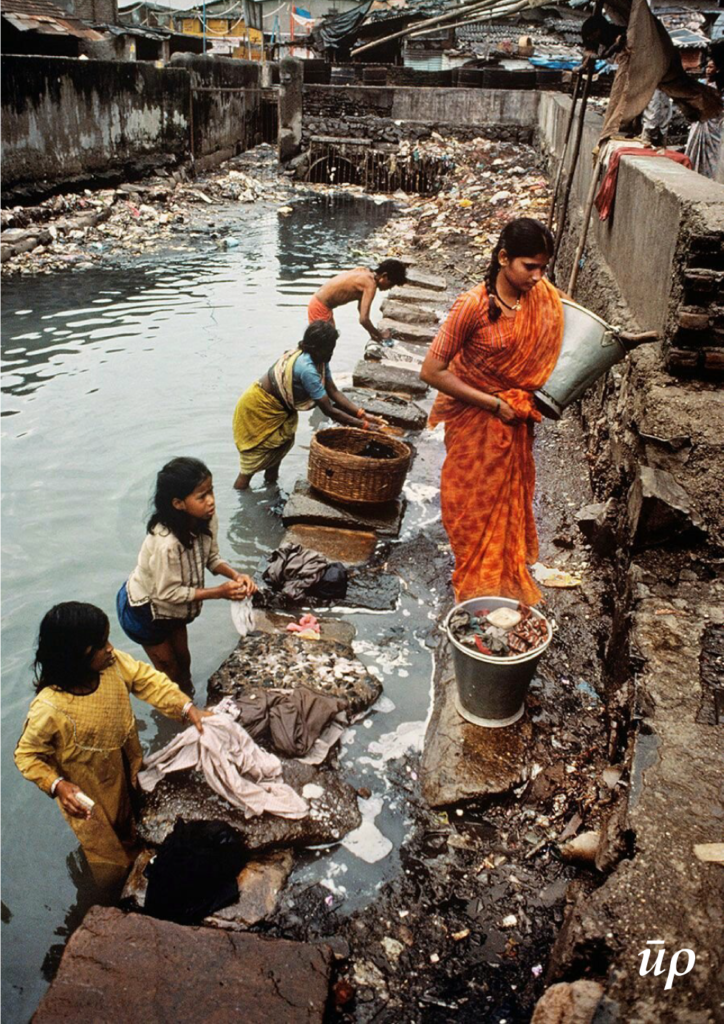It is widely acknowledged that health constitutes the core pillar of Human Development, and is a key indicator for assessing achievements in capability enhancements and well-being. Healthy people are more productive and their contribution augments economic development and fuels growing incomes. On the other hand, ill health stifles the full realization of psychological, social and economic capabilities, and has financial implications in terms of loss of income & productivity.

Picture – Nicu Buculei | Flickr
The rapid population growth has caused a host of serious problems, including crowding, degradation of the environment, the development of slums, disparities in living conditions and access to services, and increasing vulnerability of the urban population, particularly the urban poor, to diseases and poor health. Poor people in urban areas of developing countries face a daily struggle to meet their basic needs for shelter, food, water, education, and health.
The quality of living environment is obviously central to health. Housing characteristics that influence health include the amount of space per person, the quality of the house and the materials used, site characteristics and the quality of provision for water and sanitation.”
The urban poor are known to be particularly vulnerable to health risks as they constantly face problems linked to congested and degraded living space, inaccessibility to health care and most importantly poverty. Many of the health problems in urban slums stem from the lack of access to or demand for basic amenities. Basic service provisions are either absent or inadequate in slums and squatters. Lack of clean drinking water, sanitary environment, adequate housing and garbage disposal pose series of threats to the health of slum dwellers, specifically women and children, as they spend most of their time in and around the unhygienic environment.

Picture – Cambodia Phnom Penh | Flickr
Their living conditions require attention if health conditions of the poor are to be improved – while inadequate health facilities may be partly responsible for the poor health status of slum dwellers the answer does not lie in simply providing more health services.
What is the point that after being treated these people have to go back and live in the same unhygienic conditions which are responsible for their ill health?
Thus it is important to focus on providing better services to improve the living conditions of the slum dwellers to ultimately improve their health. If the services are to be made available, the poor need to be actively involved not as mere participants but as active agents who can influence the ideology behind decisions made and bring the focus on the people as users of services. What are required are not assumptions or broad generalizations but focused thinking towards accommodating the growing population of cities with adequate housing and a decent quality of life ‘for all’.
There is a direct impact of the living conditions & infrastructure on the health of the people. Input of other schemes and programmes such as health, education, nutrition, awareness would have limited impact unless the basic amenities in their homes and their neighbourhood are unavailable. Thus it is important that the revision of existing standards of infrastructure is done to make services accessible to the people. Also, these areas should be redeveloped on a priority basis with full participation from the people in the settlement so that they are aware and responsible for the functionality and maintenance of the services provided. The piecemeal approach should now be replaced and a full package of service should be provided.
Only when the people and the government will work together for the improvement of the slum areas can we achieve success in eradicating sub-standard living conditions.

Leave a Reply
You must be logged in to post a comment.